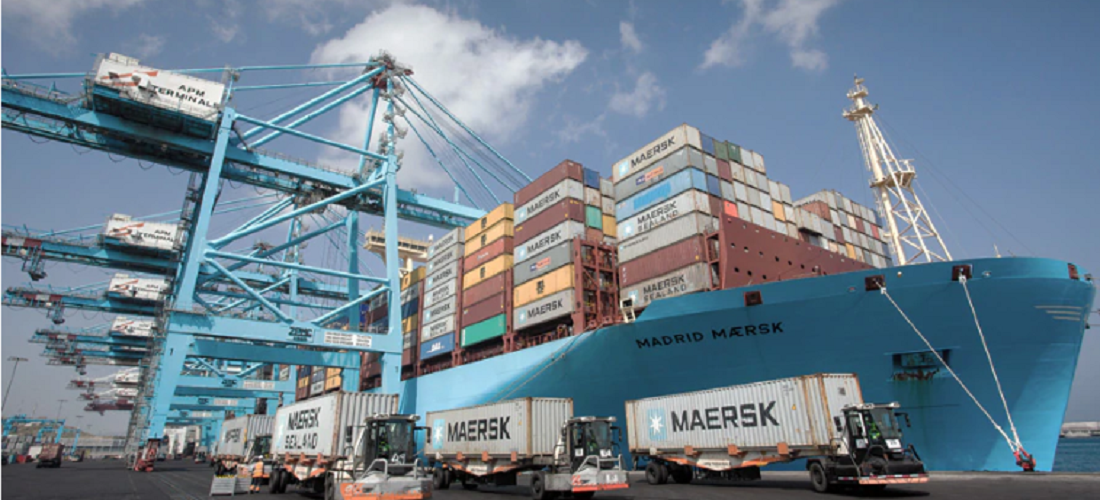
Maersk’s Latin American president predicts tougher second quarter for Brazil
May, 19, 2020 Posted by datamarnewsWeek 202022
Maersk’s president for the Latin American region, Lars Nielsen, believes that the region should experience a retraction of up to 25% in its imports in the second quarter of 2020, but exports will tend to remain more resilient.
In an interview with Valor Econômico newspaper, the executive stated that Maersk has not yet revised its projection for Brazil in 2020, due to uncertainties regarding how long the social isolation measures will last. He said that before the pandemic, expectations were already of modest growth in the container shipping market of around 3.8%. “The volumes seen at the beginning of the year were within expectations. The outlook for after the second quarter will be the most difficult. In the third quarter, the situation should start to improve. By the fourth, we expect volumes to return to normal,” said the executive.
According to the report, the company’s projection was based on China’s experience as it was the first country to suffer the effects of the Covid-19 crisis, and now has returned to practically normal activities. Even so, the Maersk executive considers that the situation in Brazil may be a little different, since imports are expected to suffer more severely. With the devaluation of the Brazilian currency, products from abroad are much more expensive. Mexico and Chile have also felt this effect.
On the other hand, our exports are expected to do better than the global average, since the profile of Brazilian exports – with agricultural commodities making up a large share – contributes to the resilience of the market. “The demand for food stocks in the world is stable, even with the quarantine,” says Nielsen.
The problem is that the mismatch between imports and exports causes a shortage of containers, especially reefer containers. “Within a week, the availability of containers may become tighter, but I do not believe that they will be lacking. What may happen is longer delays in deliveries,” says Nielsen. To rebuild stocks of the equipment, Maersk has been loading additional containers onto its vessels, he says.
According to the executive, it is too early to assess how global trade will react after the epidemic, but “we have heard from large companies that they may seek to reduce pressure on their supply chain, which means increasing their inventories, in case of any logistical problem,” he says. In addition, “there is a tendency to look for more suppliers, who are closer. This could lead to a change in sea routes. However, it is too early to predict these effects,” he concludes.
Source: Valor Econômico
-
DW 2020 EN
Apr, 20, 2020
0
DATAMARWEEK 22 APRIL 2020
-
Ports and Terminals
May, 31, 2023
0
Santos Port on alert as crew member tests positive for malaria
-
Economy
May, 24, 2022
0
Brazilian trade balanced reached a surplus of US$ 523.8 million in the 3rd week of May
-
Meat
Apr, 12, 2023
0
Brazil beef exports down 20% in March; revenue drops 37% – industry association

